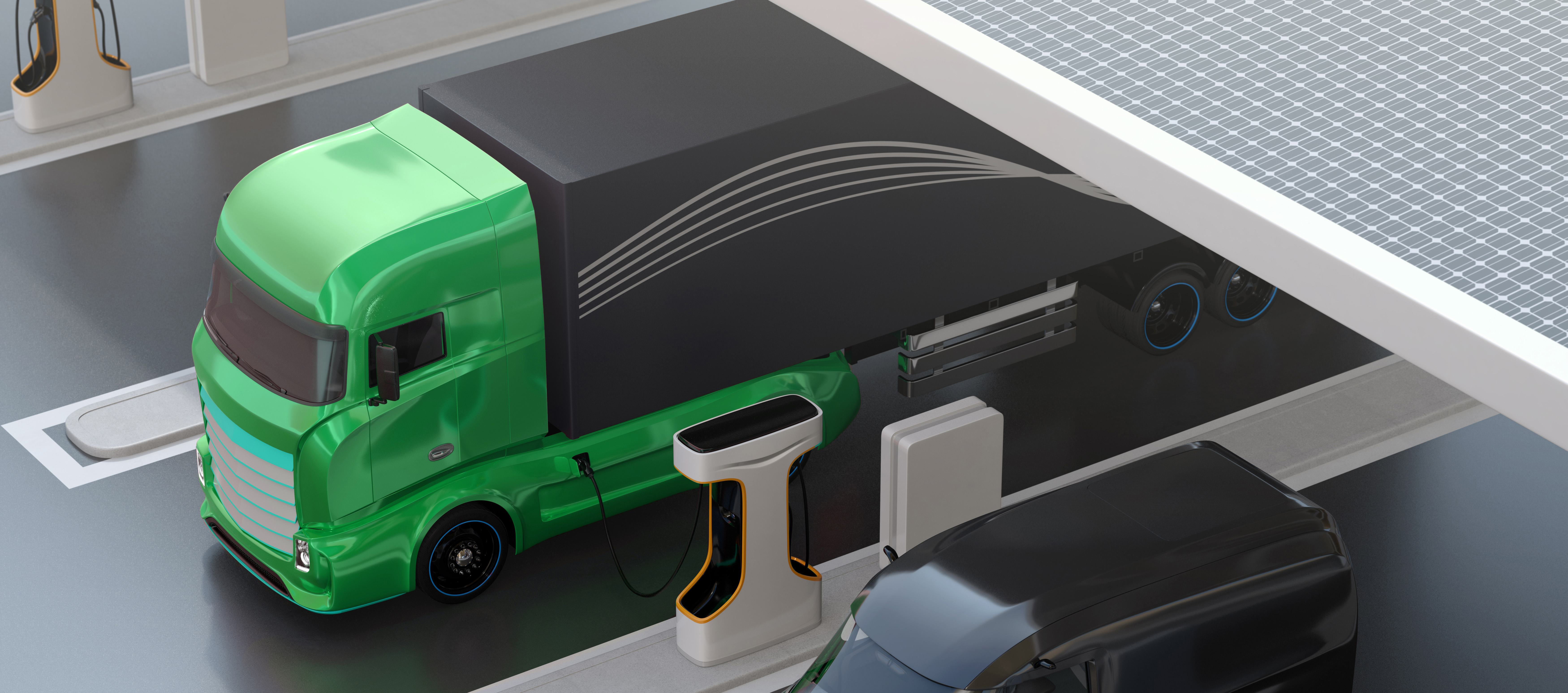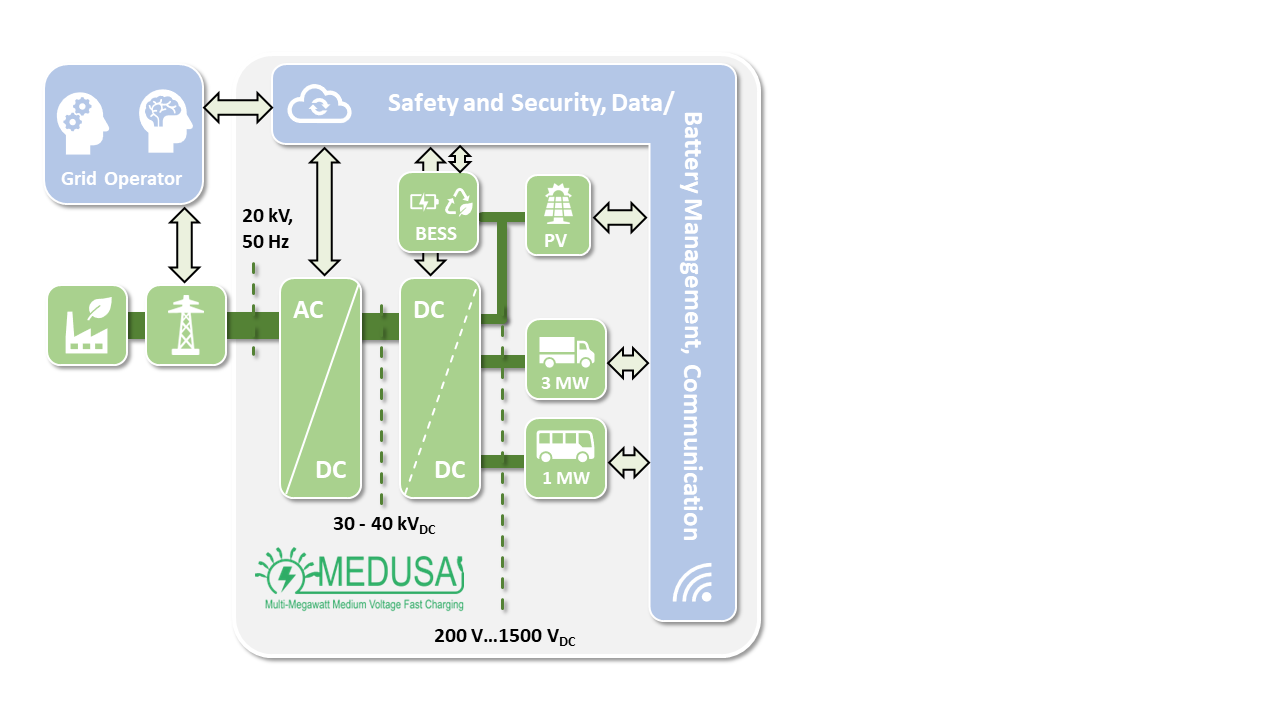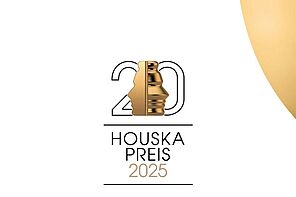Multi-megawatt charging technology for the electromobility of tomorrow
With MEDUSA, the AIT Austrian Institute of Technology is developing an innovative charging platform for the powerful and efficient electrification of heavy commercial vehicles, e-buses and logistics fleets. The first phase of the project focuses on a modular design with a power unit of 40 kW - based on an advanced Dual Active Bridge (DAB) topology.
The aim is to develop a scalable megawatt charging system in the medium-voltage range that sets new standards in terms of efficiency, compactness and system integration.
Technologie-Highlights von MEDUSA
- Topology: Dual Active Bridge (DAB) - ideal for bidirectional energy transfer with high efficiency
- Power (phase 1): 40 kW per module, modularly scalable up to the megawatt range
- Voltage level: Direct connection to medium-voltage grids (e.g. 10-20 kV) to reduce infrastructure costs
- Areas of application: Fast charging for e-trucks, e-buses, heavy commercial vehicles and industrial electromobility
- Future-proof: Interface conformity with MCS (Megawatt Charging System) standard
Advantages at a glance
- Reduced space requirement due to medium-voltage connection without additional transformers
- Modular design for flexible system architectures and gradual scaling
- High energy efficiency thanks to modern power electronics with galvanic isolation
- Robustness and durability for continuous industrial use
Technical performance data
| Parameters | Value |
| Topologie | Dual Active Bridge (DAB) |
| Power per module | 40 kW |
| Maximum scalable overall performance | Up to 1 MW+ |
| Input voltage (AC, medium voltage) | 10kV |
| Output voltage (DC) | 1000 V DC |
| Max. Output current | 40A |
| Cooling | Air cooling |
| Protection class | IP54 |
| Communication interfaces | Ethernet |
| Standard conformity | Preparation for MCS (Megawatt Charging System) |
| Operating environments | Loading yards, logistics centres, bus depots, motorway hubs |
Special features:
- Direct connection to medium voltage reduces additional transformation losses and costs
- High power density with compact design
- Future support for bidirectional charging (V2G-capable)
- Suitable for 24/7 continuous operation in harsh environments
Applications
- Charging infrastructure for e-trucks and e-buses
- Industrial parks and logistics centres
- Charging hubs along long-distance transport routes
- Research and demonstration of high-performance charging
The project
The MEDUSA initiative (Multi-Megawatt Medium-Voltage fast Charging) is divided into three sub-projects.
The first project phase (completed in June 2023) included the preparation of:
Requirement definitions,
topological implementations and
the design and comparison of various solutions as well as a small concept demonstration
for a multi-megawatt medium-voltage fast-charging system for electric vehicles.
The second phase of the project (launched in May 2024) will focus on
the construction of a large-scale demonstrator that builds on the results of Phase I. The demonstrator consists of: (a) a 1.5 MW, 1200 V up to a maximum voltage of 1500 V DC/DC ultra-fast charger and (b) a 200 kW power electronics stack based on the latest Infineon SiC technology enabling easy and fast integration as well as MW stacking for future charging stations, (c) a truck with a 1 MWh, 1.4 MW 920 V battery, developed by a Swiss truck manufacturer and (d) a megawatt charging cable including plug (MCS Level 3), which will be integrated into the megawatt fast charger.
analysing the geographical conditions and traffic flows in conjunction with a network simulation.
The third project phase (in preparation) focuses on
the development of a high-performance medium-voltage rectifier stage.
"The power required for fast charging a lorry is 1-3 megawatts. Providing this high power can be a challenge for the grid. We are therefore working on the project with selected partners who have the technological expertise to develop a multi-megawatt fast-charging station with a direct medium-voltage grid connection and grid-stabilising properties. In the future, these charging stations should enable fast charging of 3 megawatts or several charges of 150 kilowatts, which corresponds to the requirements of around 20 cars," explains Markus Makoschitz, Project Manager and Principal Scientist at the AIT Centre for Energy. Furthermore, CO2 emissions are to be reduced by connecting battery storage systems in combination with solar power technology.
In a final live event at the AIT, a megawatt charging process will be demonstrated with a DC megawatt charger made in Austria.
Medusa Scheme
Funding
The MEDUSA project is funded as part of Zero Emission Mobility, a research and demonstration programme of the Climate and Energy Fund in the field of sustainable mobility and energy supply.
Phase I: https://www.klimafonds.gv.at/call/zero-emission-mobility-2021/
MEDUSA wins Houska Award
MEDUSA was awarded first place in the prestigious Houska Prize, the largest private prize for applied research in Austria, in the non-university research category. Read more: News - Single View - AIT Austrian Institute Of Technology








